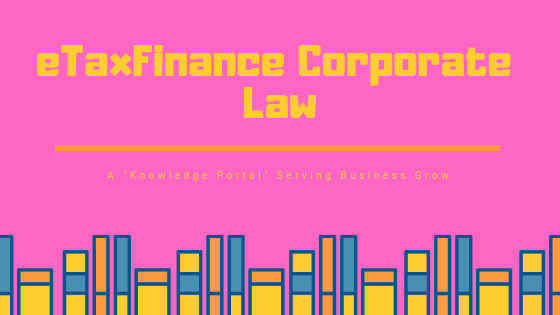Audits are an extremely important part of business accounting and provide a lot of benefits. There is also a range of different types, each conducted for different reasons and to gather different results. Many people get confused amidst statutory audit and tax audit in this context. While the former is an audit carried out under the Companies Act, the latter is an audit conducted under the Income Tax Act.
Tax Audit and Statutory Audit are two different types of audits. The main different between the two is that a tax audit may or may not be required, whereas a statutory audit is required by law. Usually, the law dictates that a company or organization of a certain size must undergo an audit once a year, or once every two years etc.
Definition of Statutory Audit
A statutory audit is an audit, which is made mandatory by law. The purpose is to check the truthfulness and fairness of accounting records. This can be applied to organisations, to governments and statutory bodies, and individuals. These audits are conducted by financial authorities, who can ask to see financial records and statements as well as the company books or relevant records of transactions. Some audits will arise at regular intervals, while others may follow suspected activity within the organisation.
Definition of Tax Audit
Tax Audit is defined as an audit of the accounts of the taxpayer, by a Chartered Accountant, for the requirement of Section 44AB, in which the auditor needs to express his views and observation by way of the audit report. Tax audit refers to the verification of the books of accounts maintained by a taxpayer. The purpose of a tax audit is to validate the income tax computation made by the taxpayer in the income tax return and to ensure compliance with the laws of Income Tax.
Key Differences Between Statutory Audit and Tax Audit
Here are certain points to understand the difference between tax audit and statutory audit in detail-
| Tax Audit | Statutory Audit | |
| Meaning | Statutory Audit is the audit made compulsory by the law. | Tax Audit is an audit made compulsory by the Income Tax Act, if the turnover/gross receipts of the assessee reaches the specified limit. |
| Carried out by | External Auditor | Chartered Accountant |
| Purpose | The purpose of a tax audit is to make sure the records are a fair and accurate representation of the transactions they claim to represent and pay taxes on. | The purpose of a statutory audit is the same as the purpose of any other audit – to determine whether an organization is providing a fair and accurate representation of its financial position by examining information such as bank balances, bookkeeping records and financial transactions. |
| Governing Act | Section 44AB The Income Tax Act 1961 | Section 143 of the Companies Act 2013 |
| Applicability | Tax Audit is applicable on all Companies, LLP’s, Partnership Firms as well as Individuals or Professionals whose turnover or Gross Receipts crosses the threshold limit. | Statutory Audit is applicable to all the Companies registered under Companies Act 2013 and erstwhile Companies Acts. |
| Threshold Limit | Tax audit is mandatory for any organization whose annual turnover is more than ₹ one crore and the gross income is more than ₹ 25 crore. | A statutory audit is mandatory for every company, even if the company has no turnover. |
For more details contact out team at +91-7991109093 or drop email us at [email protected]
Note: This Post was last updated on November 3, 2022
Disclaimer: The entire contents of this document have been prepared on the basis of relevant provisions and as per the information existing at the time of the preparation i.e. November 3, 2022. Although care has been taken to ensure the accuracy, completeness and reliability of the information provided, We assume no responsibility therefore. Users of this information are expected to refer to the relevant existing provisions of applicable Laws. The user of the information agrees that the information is not a professional advice and is subject to change without notice. We assume no responsibility for the consequences of use of such information. IN NO EVENT SHALL WE SHALL BE LIABLE FOR ANY DIRECT, INDIRECT, SPECIAL OR INCIDENTAL DAMAGE RESULTING FROM, ARISING OUT OF OR IN CONNECTION WITH THE USE OF THE INFORMATION.


